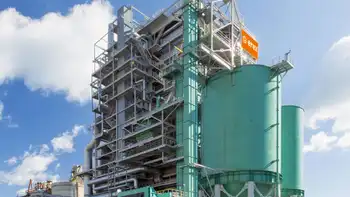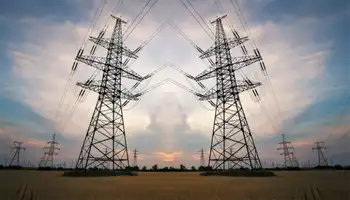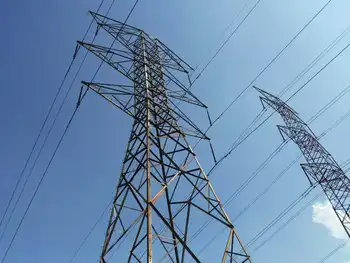Bush Clears Way For Coalbed Methane Projects
WASHINGTON -- - The Bush administration gave the green light to more coalbed methane drilling in the Powder River Basin in Wyoming, saying its studies showed that the process of squeezing natural gas out of coal deposits would not harm the environment.
In two environmental impact studies that support President George W. Bush's plan to boost energy exploration in the west, the Bureau of Land Management said impact to water, soil and wildlife in the region would be "minor."
The BLM, in an about-face from its earlier draft, proposed storing salty water used to extract natural gas in small reservoirs. The plan would prevent water from flowing into streams and rivers used for farming and drinking.
"This provides a framework that will allow us to move forward with development of a new, clean energy source while actively protecting the environment," said Jim Hughes, a BLM director.
But green groups criticized the change and said the Bureau of Land Management was doing "a minimal amount" to comply with federal laws to protect the environment while catering to big energy companies.
Coalbed methane is a form of natural gas trapped beneath coal reserves and held in place by water pressure. Drilling is relatively cheap and attractive to the industry because large amounts of coal are accessible at shallow depths.
Environmental groups contend that when the gas is removed from coalbed deposits, sodium from the large volumes of water produced flows into streams, harming cattle and local residents.
The agency studies said the Powder River Basin could contain as much as 43 trillion cubic feet of recoverable coalbed methane reserves, a significant increase from earlier estimates that pegged reserves at about 30 Tcf.
The United States consumes about 22 Tcf of natural gas a year.
Coalbed methane wells have soared in recent years. About 11,000 now exist, up from only a few hundred in the early 1990s, according to the Wyoming Oil and Gas Conservation Commission.
The agency estimated thousands more could be added during the next decade, including some 51,000 in the Wyoming portion of the Powder River Basin.
Powder River is worked by Marathon Oil Corp. and hundreds of other small coalbed developers.
The region has been the target of a series of lawsuits in recent months by environmental groups who argue that nearly 5,000 leases lack the proper environmental studies to proceed.
Last April, the Interior Department's own board of land appeals ruled that three leases issued by the Bureau of Land Management during the Clinton administration were illegal because they did not conduct sufficient environmental analysis.
"SMOKE AND MIRRORS"
Towards that end, the Environmental Protection Agency warned last year that earlier Bureau of Land Management environmental draft impact studies in the region were flawed because they used old data and failed to address the impact of coalbed methane on local water.
The Bureau of Land Management has instead proposed the use of nearly 3,000 surface reservoirs to collect water used to remove the coalbed methane from the ground rather than releasing it into streams.
Environmental groups said the study does not adequately gauge the impact of the reservoirs and whether they could leak into the area water supply.
Tom Darin, a lawyer with the Wyoming Outdoor Council, said the proposed measure to reduce water runoff is the administration's way of doing a "minimal" amount of work to comply with the National Environmental Protection Act.
"This is a smoke and mirrors game (by the administration)," said Darin. "Its effort is guided by two principles: ramping up oil and gas production at all costs on public lands in the west and doing so with effort to allow projects to go forward that are most favourable to industry."
A spokeswoman with the Bureau of Land Management in Wyoming said the agency worked closely with the U.S. Forest Service and EPA, among other groups, to address all environmental laws.
The studies, which will be published in the Federal Register on Jan. 17, will be open to public comment for 30 days.
Related News

Brazil government considers emergency Coronavirus loans for power sector
SAO PAULO - Brazil’s government is considering an emergency loan package for energy distributors struggling with lower energy use and facing lost revenues because of the coronavirus outbreak, an industry group told Reuters.
Marcos Madureira, president of Brazilian energy distributors association Abradee, said the package being negotiated by companies and the government could involve loans from state development bank BNDES or a pool of banks, but that the value of the loans and other details was not yet settled.
Also, Brazil’s Mines and Energy Ministry is indefinitely postponing projects to auction off energy transmission and generation assets planned for this year because…




